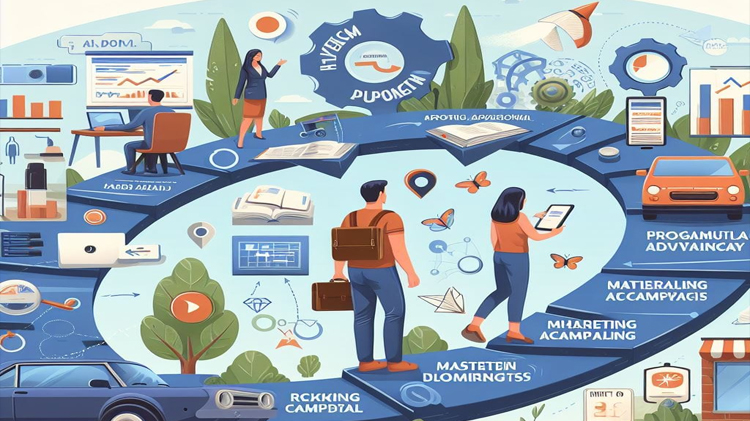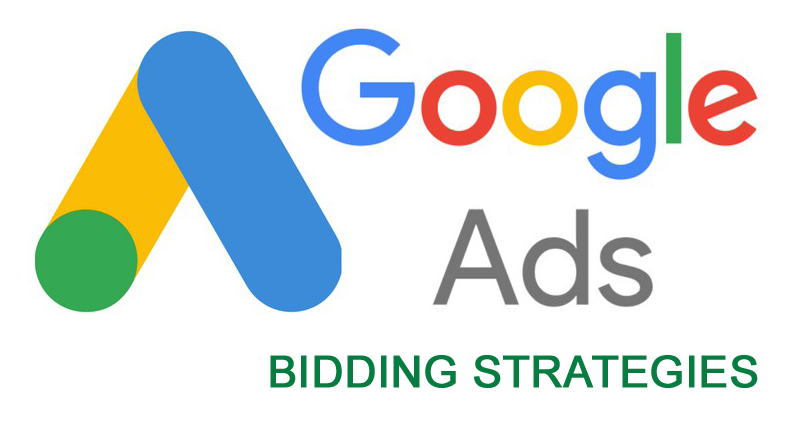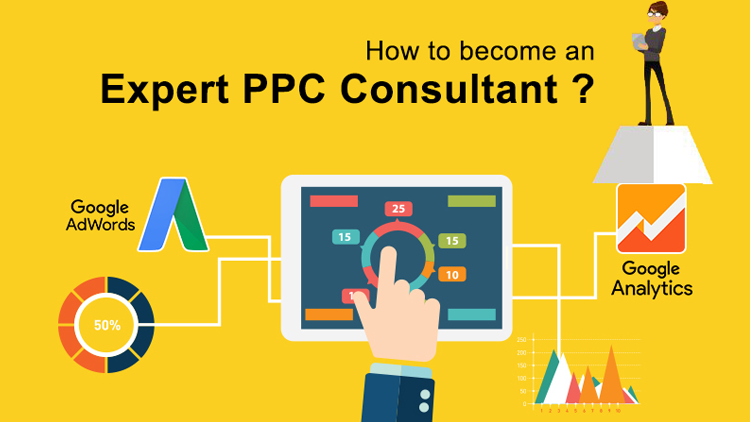What is Programmatic Advertising ? and How it works in Marketing and Ads
Programmatic advertising is a method of buying and selling advertising space in real-time through automated systems. It utilizes algorithms to target specific audiences and serve them ads across various digital channels such as websites, social media platforms, mobile apps, and more.
Here’s how Programmatic Advertising Generally works:
- Auction-Based Buying: Advertisers bid on ad space in real-time auctions. These auctions happen within milliseconds whenever a user visits a webpage or app.
- Targeting: Advertisers can target their ads based on various criteria such as demographics, location, interests, browsing behavior, etc. This helps in reaching the right audience with the right message.
- Real-Time Optimization: Programmatic advertising platforms use data and algorithms to optimize ad placements in real-time. They analyze various factors like audience engagement, click-through rates, and conversions to adjust bids and targeting parameters for better performance.
- Multiple Ad Formats: Programmatic advertising supports various ad formats including display ads, video ads, native ads, and more.
- Transparency and Control: Advertisers have access to detailed analytics and reports, providing transparency into the performance of their ad campaigns. They can also adjust their campaigns in real-time based on these insights.
- Cost Efficiency: Programmatic advertising often offers cost efficiencies compared to traditional ad buying methods because it eliminates the need for manual negotiations and streamlines the process.
- Dynamic Creative Optimization (DCO): Some programmatic platforms offer DCO capabilities, allowing advertisers to personalize ad creatives based on individual user data in real-time.
Overall, programmatic advertising enables advertisers to reach their target audiences more efficiently and effectively, while also providing better ROI and campaign insights.
Future of Programmatic Marketing !
The future of programmatic marketing is likely to see several key developments and trends:
- Increased Automation and AI Integration: Automation will become even more prevalent, with AI and machine learning playing a bigger role in optimizing ad campaigns. This will lead to more efficient targeting, bidding, and creative optimization.
- Contextual and Privacy-Compliant Targeting: As privacy concerns grow and regulations like GDPR and CCPA become more stringent, there will be a shift towards contextual targeting and first-party data usage. Advertisers will rely less on third-party cookies and more on contextual signals and consent-based data.
- Omni-Channel Approach: Programmatic marketing will extend beyond digital channels to include traditional channels like TV, radio, and out-of-home advertising. This will enable advertisers to create seamless omnichannel campaigns and reach audiences across multiple touchpoints.
- Advanced Creative Personalization: Dynamic creative optimization (DCO) will become more sophisticated, allowing advertisers to deliver highly personalized ad experiences in real-time based on individual user data and context.
- Cross-Device Targeting and Attribution: With the proliferation of connected devices, there will be a greater emphasis on cross-device targeting and attribution. Advertisers will seek to understand the customer journey across multiple devices and channels to attribute conversions accurately.
- Blockchain for Transparency and Fraud Prevention: Blockchain technology has the potential to address issues of transparency and ad fraud in programmatic advertising. By creating a transparent and immutable ledger of ad transactions, blockchain can help verify ad delivery and ensure that advertisers get what they pay for.
- In-App and Connected TV Growth: With the increasing popularity of mobile apps and connected TV (CTV) platforms, programmatic advertising in these channels will continue to grow. Advertisers will invest more in targeting audiences within apps and streaming services to capitalize on the shift in consumer behavior.
Overall, the future of programmatic marketing will be characterized by greater automation, privacy compliance, omnichannel integration, advanced personalization, and transparency measures to ensure trust and effectiveness in ad campaigns.
Career in Programmatic Ads !

A career in the future of programmatic advertising offers a wide range of opportunities across various roles and skill sets. Here are some potential career paths within this field:
- Programmatic ads Specialist/Manager: These professionals oversee the planning, execution, and optimization of programmatic ads campaigns. They are responsible for setting campaign objectives, managing budgets, selecting targeting parameters, and analyzing campaign performance.
- Data Analyst/Data Scientist: Data analysts and data scientists play a crucial role in programmatic ads by analyzing large datasets to extract insights, identify trends, and optimize campaign performance. They use statistical analysis and machine learning techniques to make data-driven decisions.
- Ad Operations Specialist: Ad operations specialists are responsible for the technical aspects of programmatic ads, including ad trafficking, tag management, troubleshooting ad delivery issues, and ensuring campaign compliance with ad formats and specifications.
- Creative Strategist: Creative strategists work closely with advertisers to develop compelling ad creatives that resonate with target audiences. They use insights from data analysis and market research to inform creative concepts and messaging strategies.
- Privacy and Compliance Specialist: With increasing regulations around data privacy and ad targeting, privacy and compliance specialists ensure that programmatic marketingcampaigns adhere to relevant laws and regulations. They develop and implement compliance strategies and stay updated on changes in regulatory requirements.
- Business Development/Sales: Business development professionals and sales representatives are responsible for acquiring new clients, building relationships with advertisers and agencies, and promoting programmatic marketing solutions. They identify potential business opportunities and negotiate contracts with clients.
- Product Manager/Product Marketing Manager: Product managers and product marketing managers are involved in the development and marketing of programmatic ads technology platforms and solutions. They gather customer feedback, define product features, and create marketing strategies to drive product adoption and growth.
- Consultant/Strategist: Consultants and strategists provide strategic guidance and expertise to advertisers and agencies looking to leverage programmatic advertising effectively. They assess client needs, develop customized advertising strategies, and offer recommendations for optimizing campaign performance.
To pursue a career in the future of programmatic ads, individuals should develop a strong understanding of digital advertising principles, data analysis techniques, and emerging technologies. They should also stay updated on industry trends and developments to remain competitive in this rapidly evolving field. Additionally, gaining relevant certifications and hands-on experience through internships or freelance projects can enhance career prospects in programmatic advertising.




